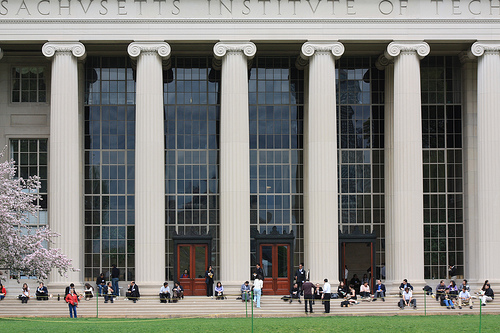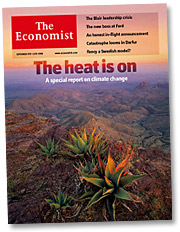While climate change is one of the most important problems facing the world today, many of the proposed solutions have yet to be heard. However, MIT Sloan School of Management Professor Thomas Malone maintains that it is possible to give all interested parties a voice — and harness the ideas and knowledge of thousands to find real solutions — through the creation of the Climate CoLab, an online community that facilitates the creation, analysis, and discussion of detailed plans for addressing climate change. Malone, director of the MIT Center for Collective Intelligence, which is leading the Climate CoLab project, states…
“If ever there were a problem that needed the best collective intelligence that people and computers can muster, many would say this is it. As examples like Wikipedia and Linux illustrate, it’s now possible to effectively harness the intelligence of far larger groups than could ever have been done before. That is the goal of our project – to combine the collective intelligence of thousands of people to come up with proposals for what can be done about global climate change.”
In support of this goal, the Climate CoLab recently launched a global competition for proposals addressing the question: What international climate agreements should the world community make? Initial entries will be judged by some of the world’s leading climate researchers. The finalists’ proposals will then be voted on by members of the Climate CoLab community.
While a quantitative background might be useful when using the models on the Climate CoLab Website, Malone notes that an understanding of how policymaking works would also be beneficial in order to help facilitate agreement among decision-makers. And artistic skills would likewise be helpful, as participants are encouraged to illustrate what the world would look like if their proposals are implemented.
Malone anticipates receiving contest proposals from a diverse group of participants.
“Many individuals are concerned about climate change and feel frustrated that no one is listening to their ideas. There are many smart and creative people in the world from different backgrounds who have previously not been involved in serious discussions on this issue and we hope they enter the contest. Anyone from artists and students to retired professionals and people professionally involved in the problem might be interested in forming teams to enter this contest. It’s a great opportunity to articulate their views to a broader audience.”
Image credit: Ulrick via Flickr under a CC license






